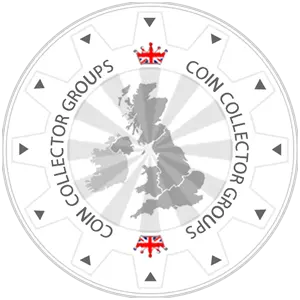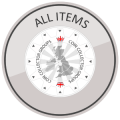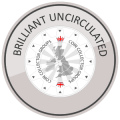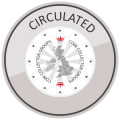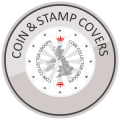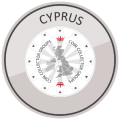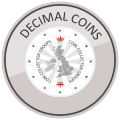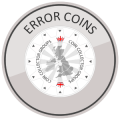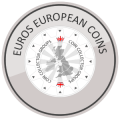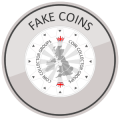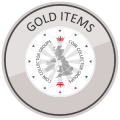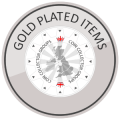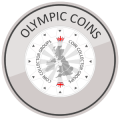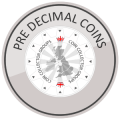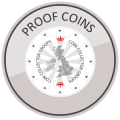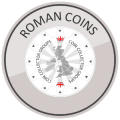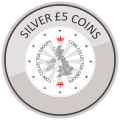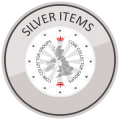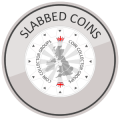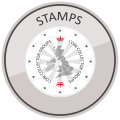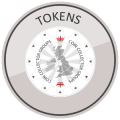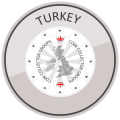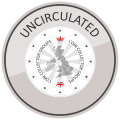A coin-collector, also known as a numismatist, is someone interested in gathering and studying coins from various periods, places, and cultures.
This hobby goes beyond simply amassing currency; it’s a meticulous pursuit of historical, artistic, and cultural value.
Coin collectors might seek coins with specific dates, mint marks, designs, or unique production flaws that make them rare or valuable.
Each coin tells a story, often offering insights into the economic, political, and social contexts of the time it was minted.
Collectors typically start with modern coins and gradually expand to ancient or foreign currency as their knowledge deepens.
They may join numismatic clubs, attend coin shows, or participate in online forums to exchange information and acquire new pieces.
The practice often requires skill in coin grading, a process that evaluates a coin’s quality based on factors like wear, lustre, and any visible marks.
Understanding grading is essential for accurately assessing a coin’s market value.
Coin collecting can be pursued on different levels: some people treat it as a casual pastime, while others take a more scholarly or investment-focused approach.
Serious collectors may even specialize in certain types of coins, such as commemorative coins, coins from a particular country, or coins minted in a specific era.
The thrill of finding rare coins or completing a set is a big motivator, along with the pleasure of preserving a small piece of history.
For many, the appeal of coin collecting lies in the tangible connection it offers to the past.
The coins become more than just objects; they are artefacts that spark curiosity and provide a gateway to broader historical exploration.
Coin collecting is both a rewarding and challenging hobby, blending personal interest with historical and monetary appreciation.
